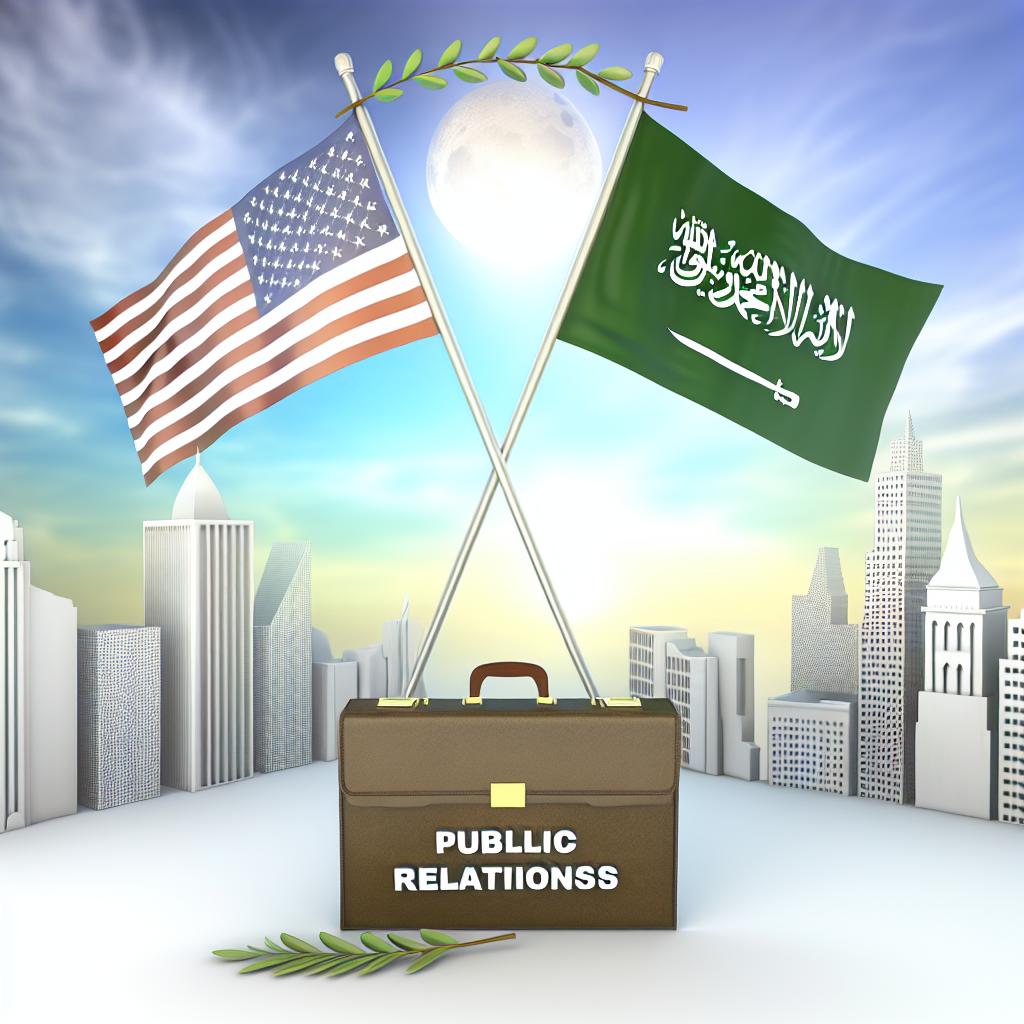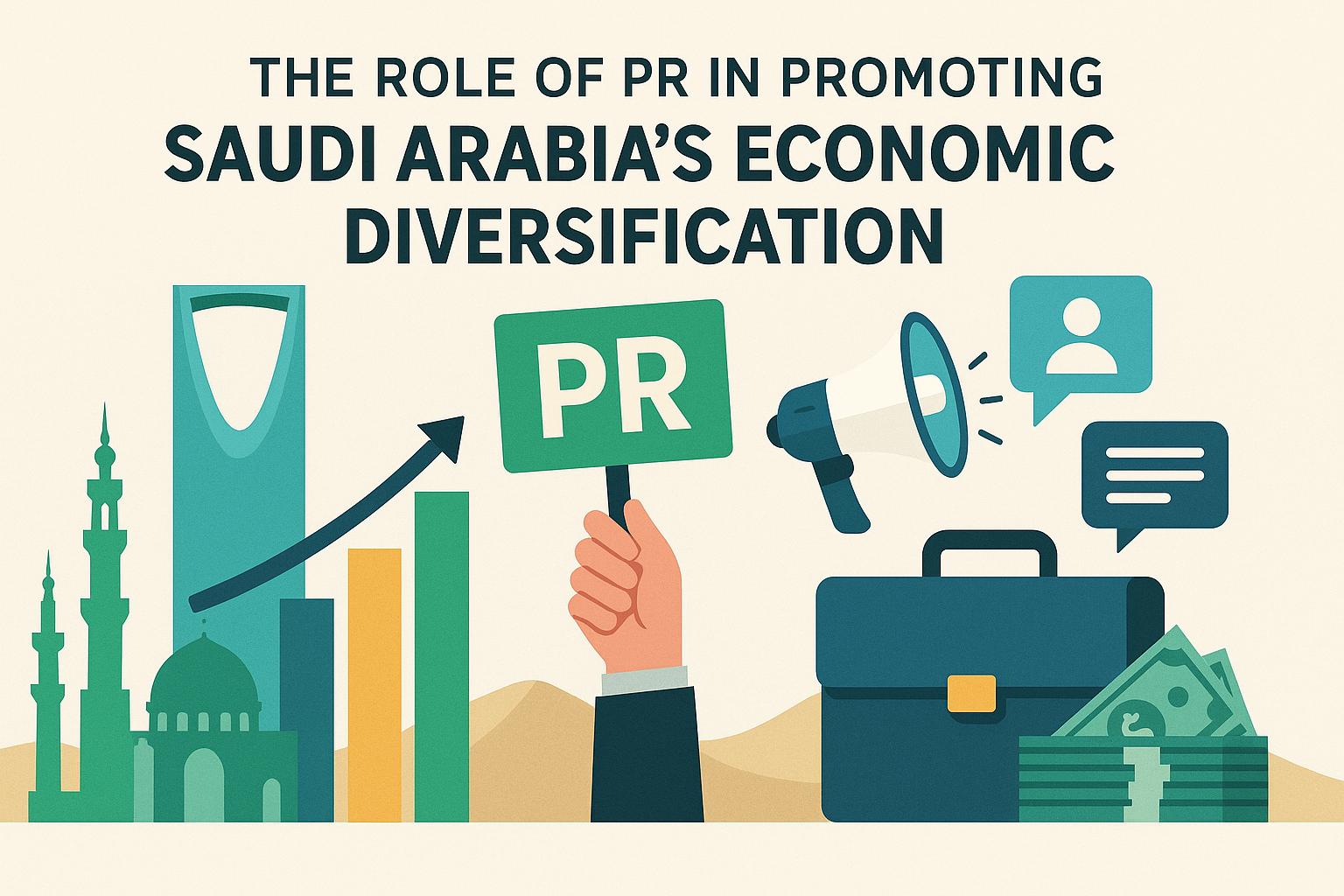The Significance of ESG in US-Saudi Business Relations
The integration of Environmental, Social, and Governance (ESG) criteria into international business activities has gained substantial traction in recent years. This is particularly relevant in US-Saudi business relations, where ESG principles are increasingly influencing joint ventures and investments between the two nations.
Environmental Considerations
Amid growing global concern over climate change, environmental factors have become a cornerstone of ESG considerations. For both US and Saudi companies, incorporating sustainable practices is not just about risk management but also about seizing new economic opportunities. Saudi Arabia, notable for its oil production, has launched initiatives such as the Saudi Green Initiative to foster a more sustainable economic model. This initiative is part of the country’s larger framework for transformation and diversification as outlined in Vision 2030, which aims to reduce the country’s dependence on oil and promote sustainable development.
Both countries are making strides to adopt renewable energy solutions. The US is home to a significant number of renewable energy companies exploring solar, wind, and hydropower solutions, while Saudi Arabia is beginning to incorporate solar energy projects on a wider scale. Environmental measures from both nations are critical to meeting international climate goals. Collaborative efforts can pave the way for innovative technologies and services that address environmental concerns while offering economic benefits.
Saudi Arabia’s location offers optimal conditions for solar energy, which the country is looking to harness to achieve its long-term energy goals. Companies in the US, with their advanced renewable technologies, can tap into the emerging Saudi market for green solutions. Similarly, US companies can benefit from Saudi Arabia’s ongoing investment in sustainable infrastructure and energy projects.
Social Factors
Social criteria within ESG focus on the impact companies have on their stakeholders, including employees, customers, and communities. In the context of US-Saudi business relations, social factors often involve labor practices, human rights, and community engagement. Businesses are increasingly required to demonstrate a commitment to ethical labor practices and community development, aligning with both global expectations and national regulations.
In Saudi Arabia, social reforms have been underway to improve labor conditions and increase workforce participation. These reforms align with Vision 2030, aiming to harness human potential by empowering balanced, equitable growth across various sectors. International partnerships, particularly with the US, offer a platform for sharing best practices regarding fair labor conditions and community development.
Furthermore, US organizations can support their Saudi counterparts in implementing corporate social responsibility (CSR) initiatives that could benefit local communities. Such partnerships can also spur the development of skills and human capital, addressing unemployment and fostering innovation. Socially responsible companies tend to enjoy better employee satisfaction, brand loyalty, and customer trust. By aligning their operations with social values, firms can enhance their reputation and competitiveness in the global market.
Governance and Ethical Business Practices
Governance forms another critical component of ESG. It relates to corporate policies, leadership structures, and compliance with laws. Governance issues have been magnified by global economic linkages and are essential for maintaining investor confidence. Strong governance frameworks are crucial for ensuring that business practices remain transparent and address potential ethical concerns.
The growing trend toward stricter auditing practices and transparency ensures that companies adhere to ethical standards. For US and Saudi businesses to successfully collaborate, it is vital that governance structures are robust and aligned. Both countries are working toward strengthening regulatory frameworks and adopting international governance standards to build investor confidence.
Co-regulation offers an effective way for both US and Saudi companies to establish consistent governance standards. Scrutiny of corporate governance, ethical compliance, and accountability has become more intensive as investors worldwide demand more transparency. Performance metrics that assess good governance are now critical in investment decisions. Thus, aligning governance policies with these metrics is crucial in facilitating bilateral trade and investment.
Mutual Benefits
The adoption of ESG principles offers numerous benefits for US and Saudi firms. Enhanced ESG performance can lead to improved access to capital, as investors increasingly seek to align their portfolios with sustainable practices. It also opens the door to collaborative ventures in emerging sectors such as renewable energy and technology, fostering long-term economic growth.
Firms with strong ESG credentials often attract global investors looking for sustainable and responsible investment opportunities. As traditional energy industries evolve, ESG offers opportunities in burgeoning sectors such as clean tech and energy efficiency solutions. Companies that prioritize ESG metrics are often seen as less risky, thus appealing to investors.
For both US and Saudi businesses, leveraging ESG frameworks can open pathways to new investments and markets. Establishing a strong ESG profile allows companies to meet growing consumer demands for socially responsible products and services, while also fostering trust and loyalty among stakeholders.
Challenges to ESG Implementation
Despite its benefits, ESG implementation in US-Saudi relations faces challenges. These include differing regulatory environments, varying cultural values, and the need for consistent metrics to measure ESG performance. Businesses must navigate these complexities to successfully integrate ESG criteria into their operations and strategies.
In navigating these regulatory variances, companies can adopt international ESG standards as a foundation for cooperation. While cultural and operational differences may present hurdles, understanding and respecting these differences can contribute to a more effective partnership. Investing in education and awareness around ESG principles could further aid in overcoming these barriers.
The need for uniform ESG reporting and performance measurements is another challenge. Creating a consistent framework for measuring ESG impact can guide companies in better assessing and communicating their ESG achievements. This uniformity will help in establishing clear benchmarks for progress in US-Saudi partnerships.
The Future of ESG in US-Saudi Relations
As global emphasis on sustainability continues to grow, it is likely that ESG principles will become even more integral to US-Saudi business relations. Companies from both nations will need to innovate and collaborate to address ESG-related challenges and capitalize on related opportunities, thus ensuring that their partnerships remain robust and resilient.
In the coming years, joint efforts between the two countries could lead to significant progress in achieving sustainable development goals. By prioritizing ESG factors, US and Saudi businesses can play a pivotal role in shaping the future of global trade and development.
Overarching initiatives like the Saudi Green Initiative and widespread adoption of ESG principles in the US signal a shift toward more responsible and sustainable business practices. This alignment provides a promising backdrop for advancing innovative solutions within the US-Saudi business landscape.
Overall, ESG criteria provide valuable frameworks for addressing some of the key challenges facing global business today, and their role in US-Saudi relations is set to expand in the coming years. For further insights, visit the Responsible Investor website, which provides detailed analyses and updates on ESG developments worldwide.
This article was last updated on: July 6, 2025




